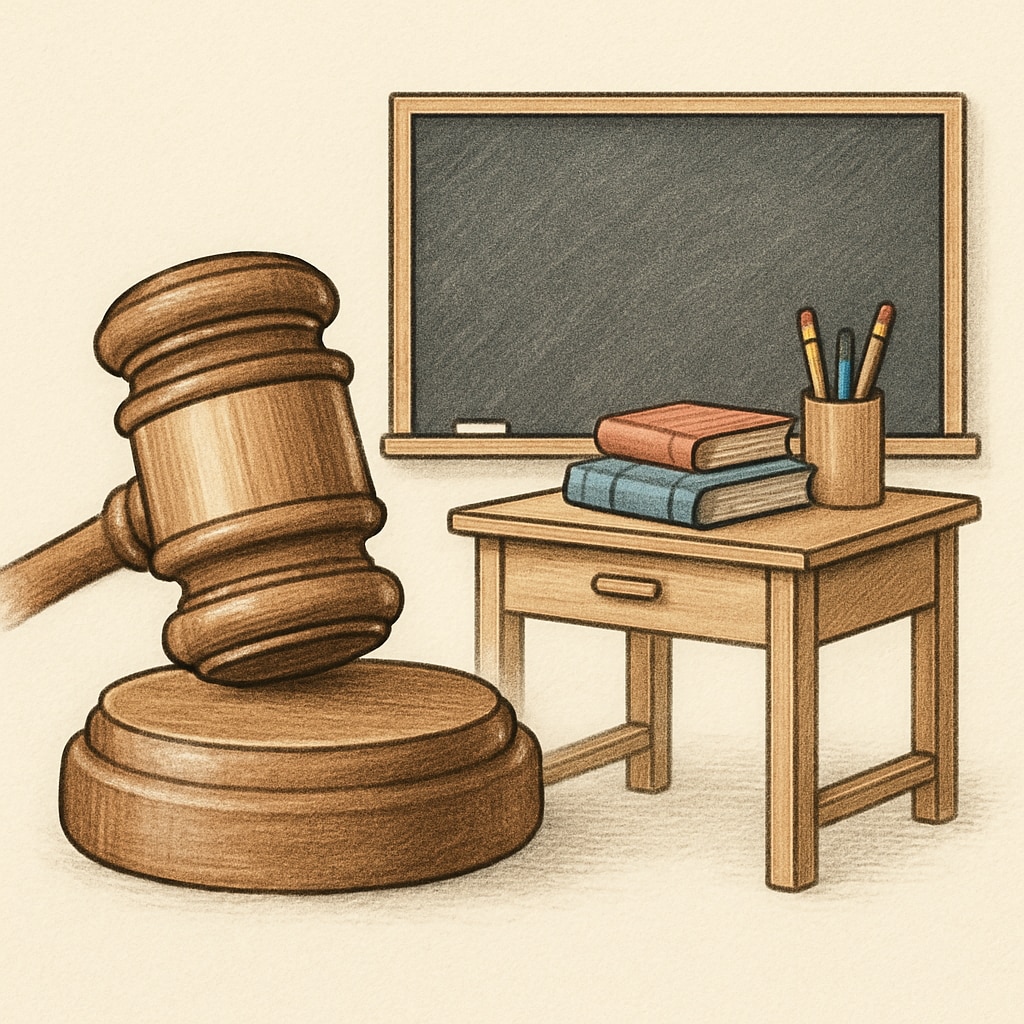Oklahoma’s recent decision to implement a political ideology test for out-of-state teachers has stirred significant controversy. Critics argue this policy blurs the line between maintaining professional standards and enforcing political conformity. As the debate unfolds, many are questioning whether this move undermines the core principles of the American education system, such as intellectual freedom and nonpartisan instruction.
Understanding Oklahoma’s Political Ideology Test
The state of Oklahoma recently introduced a regulation requiring out-of-state teacher applicants to complete a political ideology test as part of the hiring process. According to state officials, the goal of the test is to ensure that educators align with the state’s values and to prevent the spread of “radical ideologies” in classrooms. However, the specifics of the test remain unclear, including what constitutes “radical ideologies” and how these are measured objectively.
Supporters of the policy argue that it is a necessary step to protect students from perceived political indoctrination. They claim that schools should reflect the community’s cultural and moral values. Opponents, on the other hand, view the test as a politically motivated tactic that could deter qualified educators from applying, especially those holding views that may not align with the state’s political majority.

Potential Impacts on the Education System
The implementation of a political ideology test for teachers raises several concerns about its potential effects on the quality and inclusivity of education in Oklahoma and beyond. These include:
- Teacher Shortages: Already facing nationwide teacher shortages, Oklahoma could exacerbate this issue by discouraging out-of-state educators from applying.
- Academic Freedom: Critics fear that the policy could suppress diverse perspectives in classrooms, thus limiting students’ exposure to a broad range of ideas.
- Legal Challenges: The policy may face challenges on constitutional grounds, particularly regarding free speech and equal employment opportunities.
Moreover, this policy sets a precedent that other states might follow, potentially leading to a fragmented national approach to teacher hiring and education standards. For example, states with differing political leanings could adopt similar tests but with opposing ideological criteria, further polarizing the education system.

Debates on Education and Politics
This policy highlights the ongoing debate over the role of politics in education. On one side are those who believe that public education should remain neutral and free from political influence. On the other are those who argue that schools inevitably reflect societal values, including political ones. The challenge lies in balancing these perspectives without compromising educational integrity or inclusivity.
For instance, educators are often tasked with teaching controversial topics, such as history, science, and social issues, which can be interpreted through various ideological lenses. A policy like Oklahoma’s raises questions about how educators can navigate these topics without fear of professional repercussions tied to their personal beliefs or teaching methods.
What’s Next for Oklahoma and U.S. Education?
As Oklahoma moves forward with its political ideology test for teachers, the broader implications for education policy in the United States remain uncertain. This decision could lead to further political polarization in education, or it might spark a national conversation about the appropriate role of ideology in schools. Either way, the policy has drawn attention to the delicate balance between maintaining community values and upholding the principles of free and open education.
Moving forward, stakeholders—including policymakers, educators, and parents—must engage in transparent and constructive discussions. The goal should be to create an education system that respects diverse perspectives while preparing students to think critically and independently. Whether Oklahoma’s test achieves this or undermines it is a question that will likely continue to spark debate in the years to come.
Readability guidance: This article uses short paragraphs and a balanced tone to summarize key aspects of Oklahoma’s political ideology test for teachers. The use of headings, lists, and transitional phrases improves clarity and accessibility. External authority links and neutral language ensure the content is informative without unnecessary bias.


